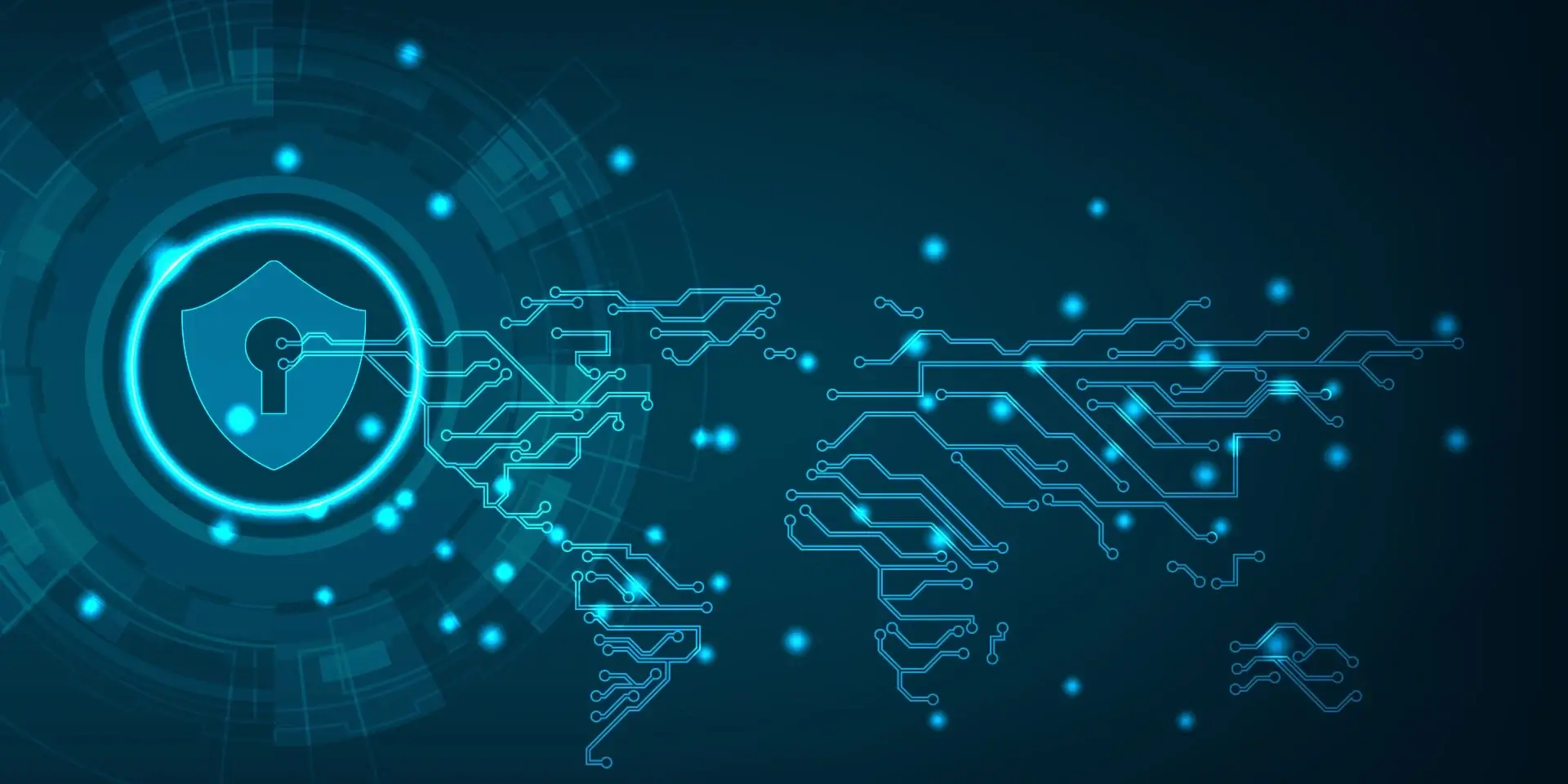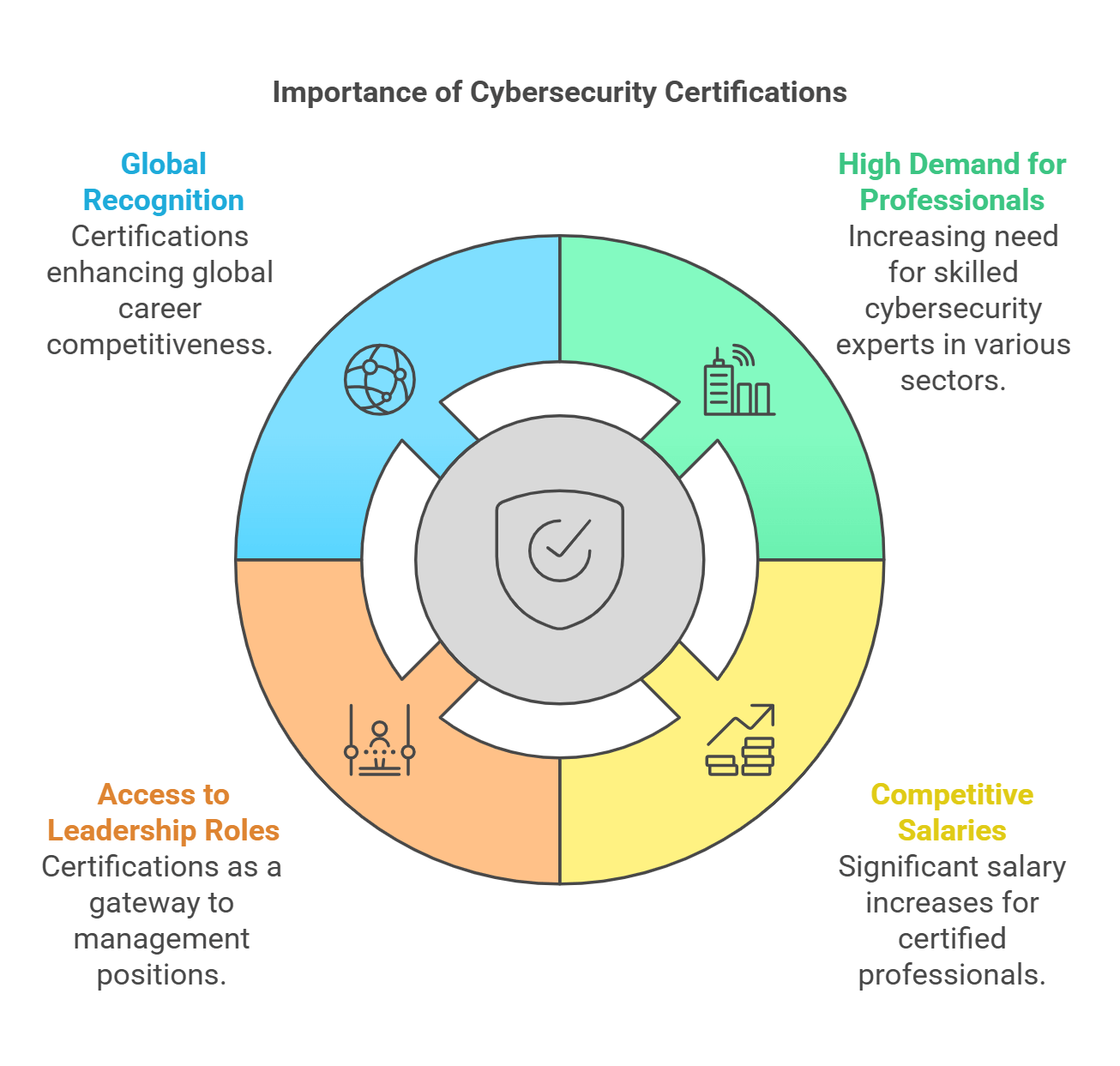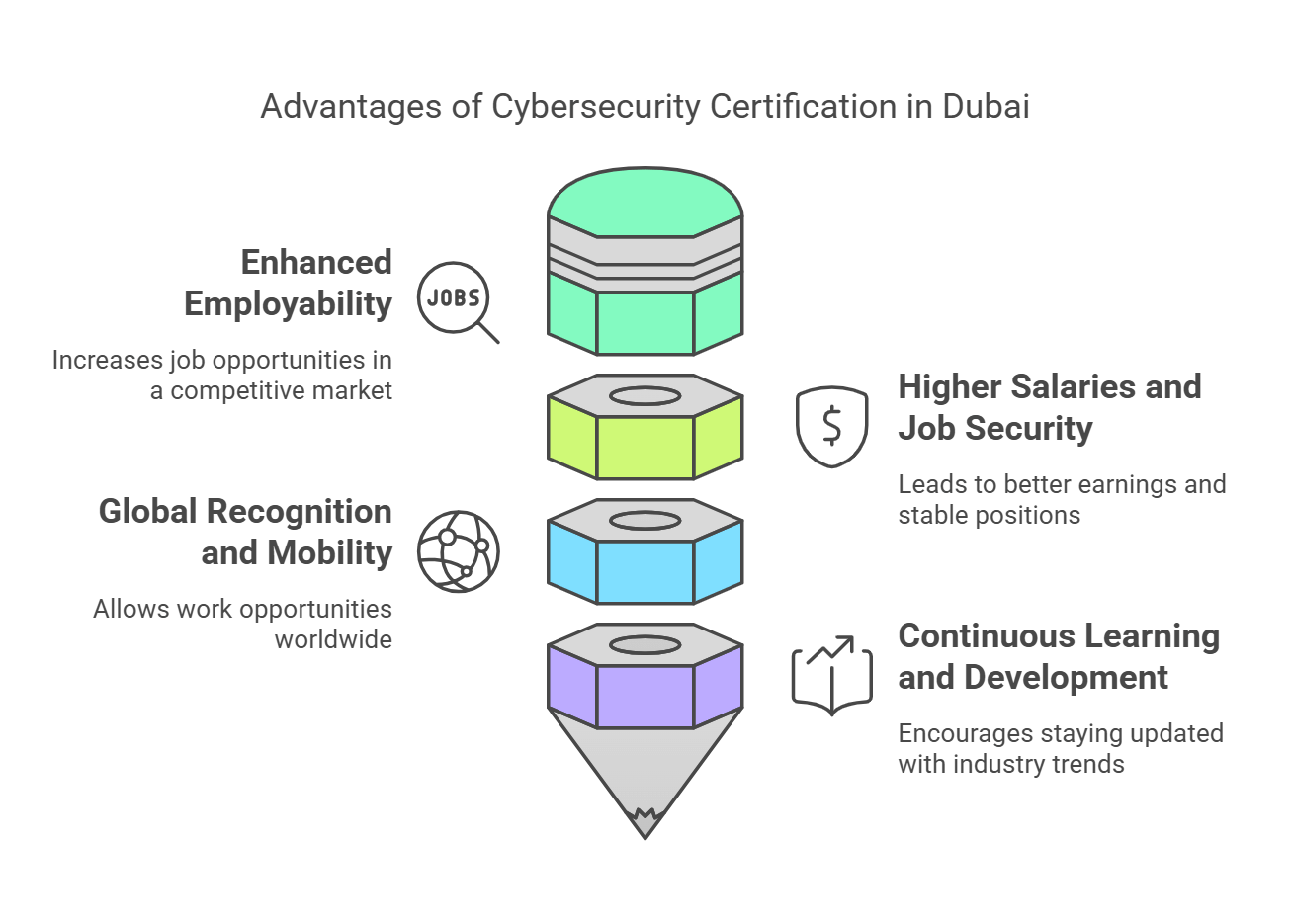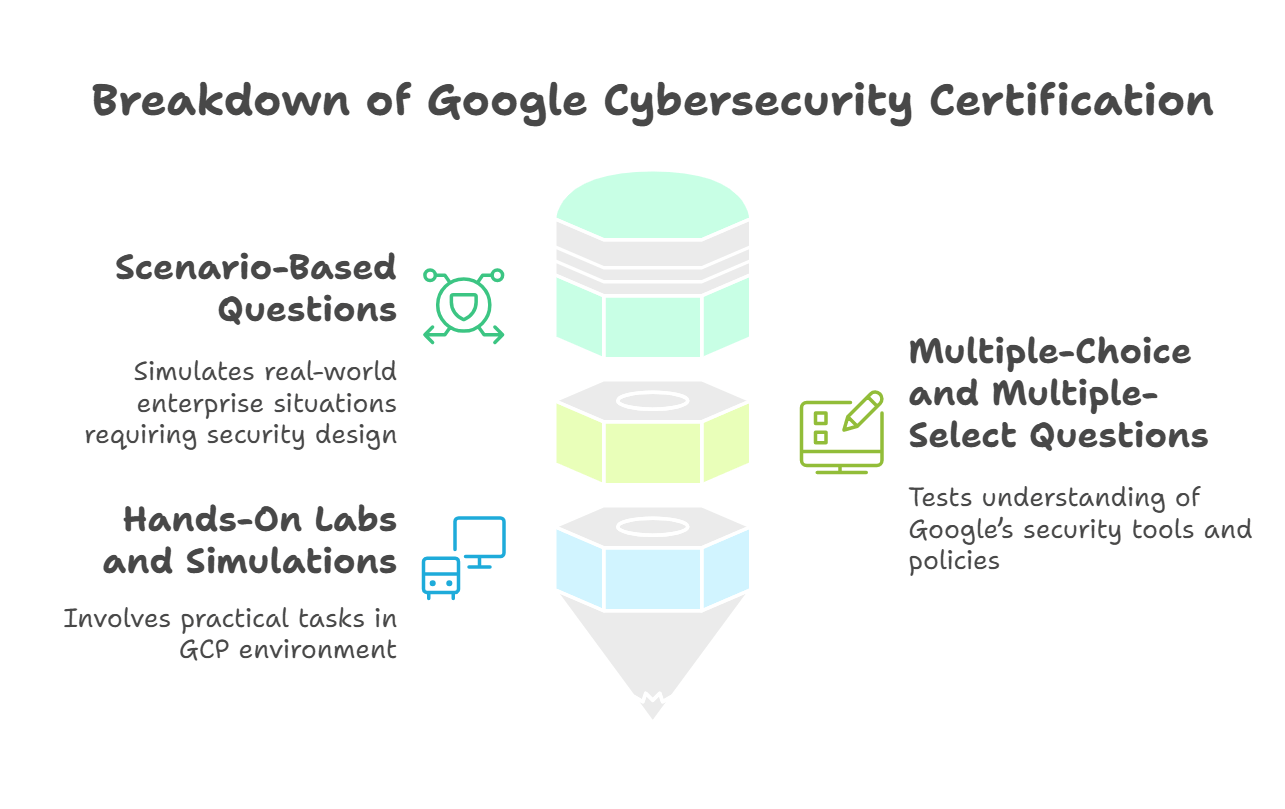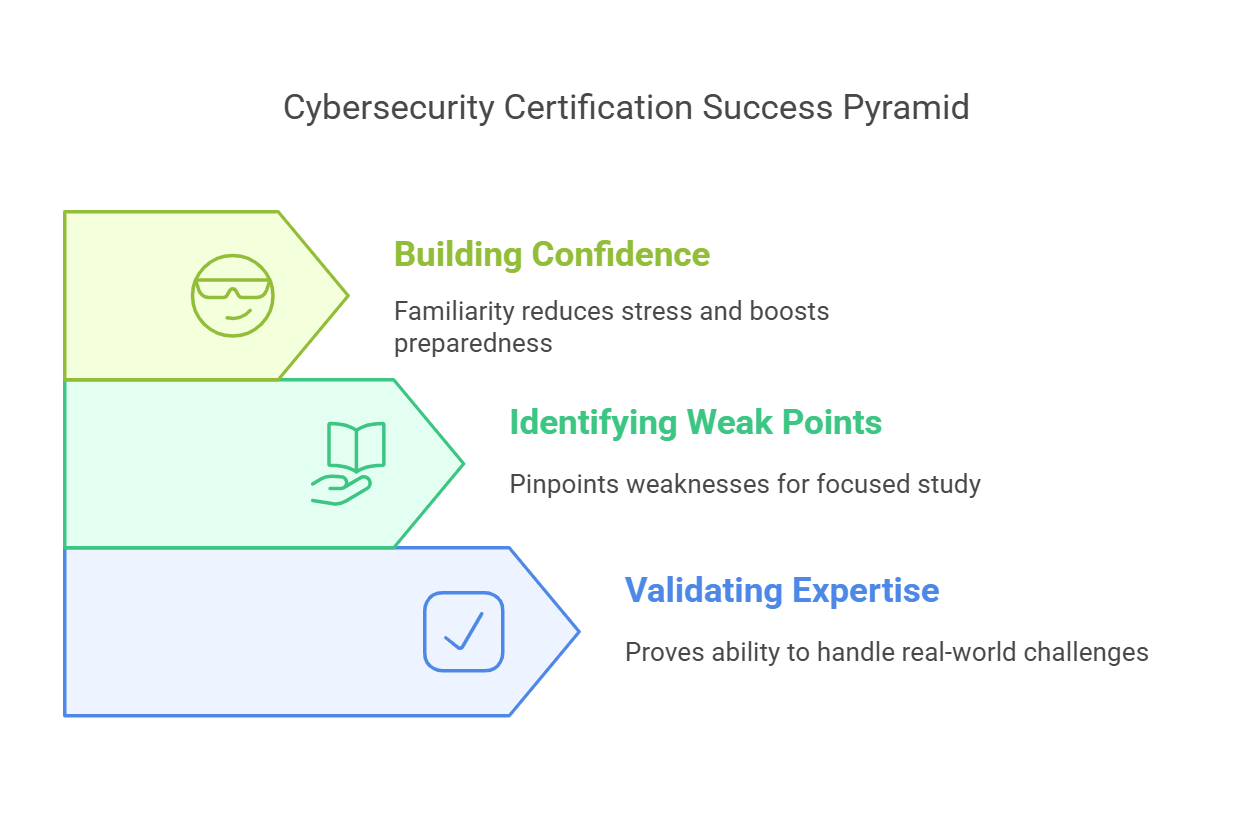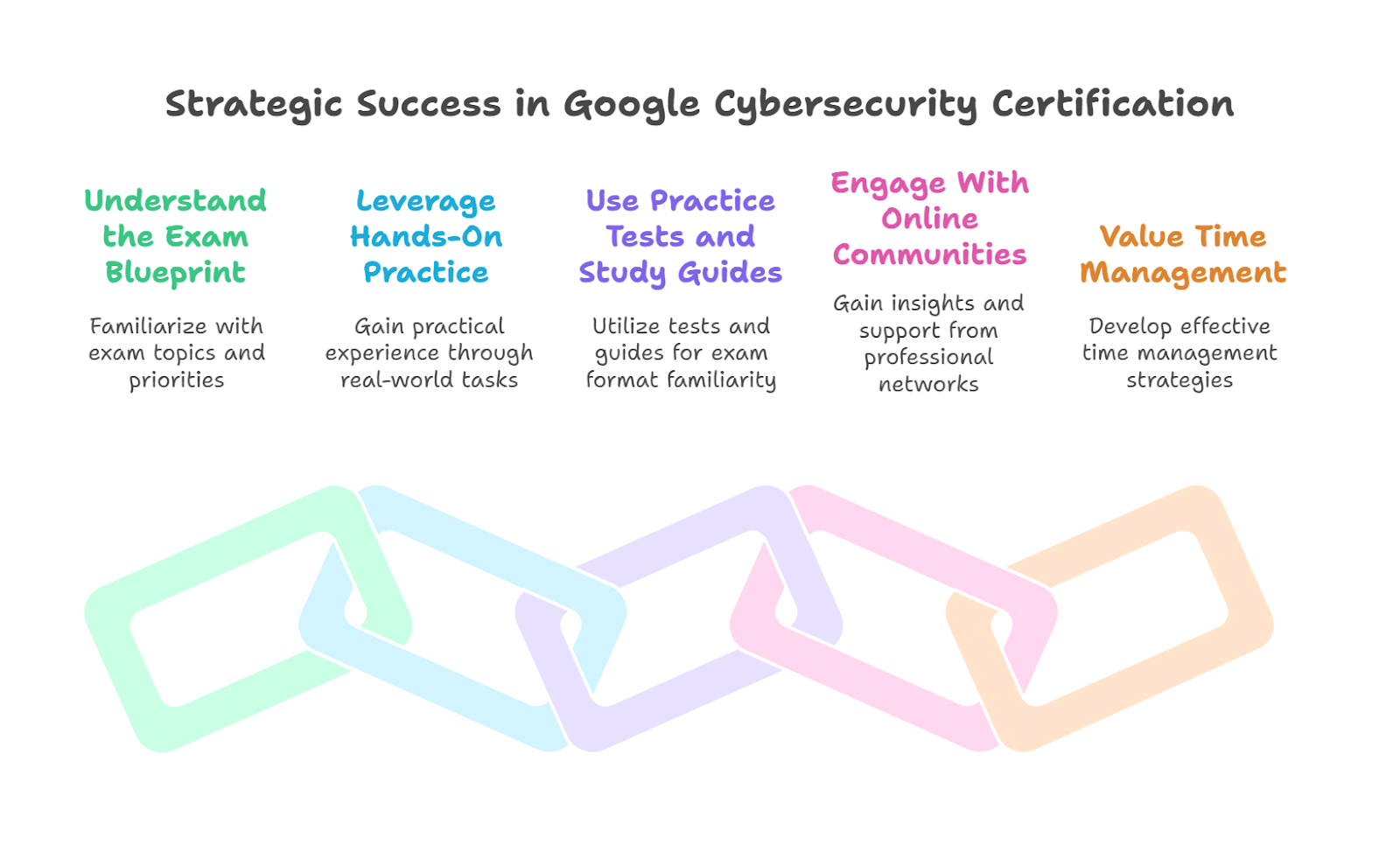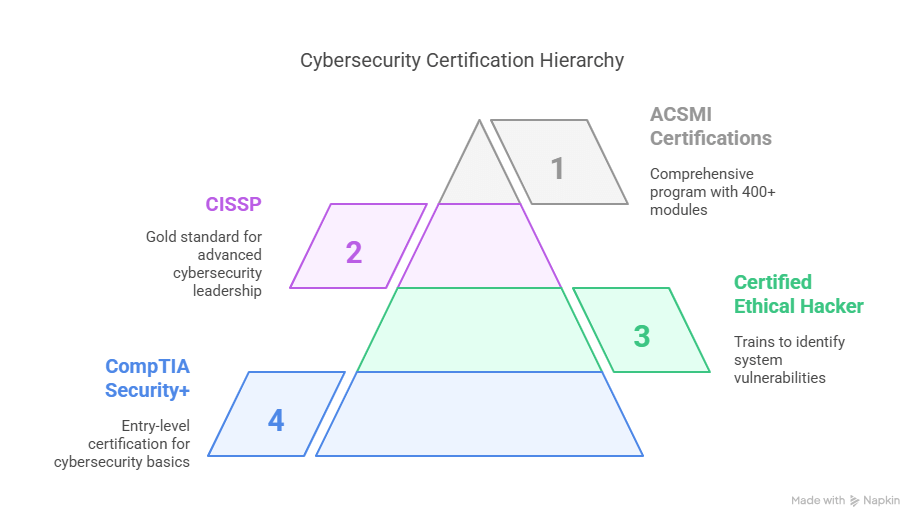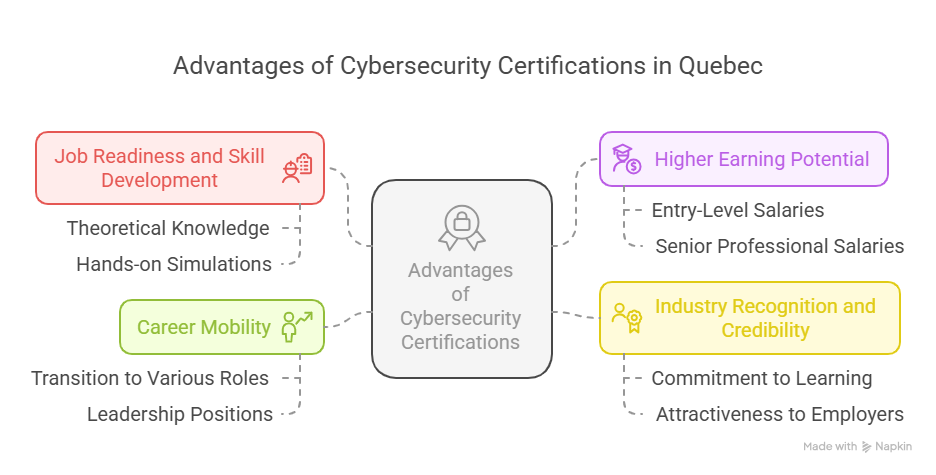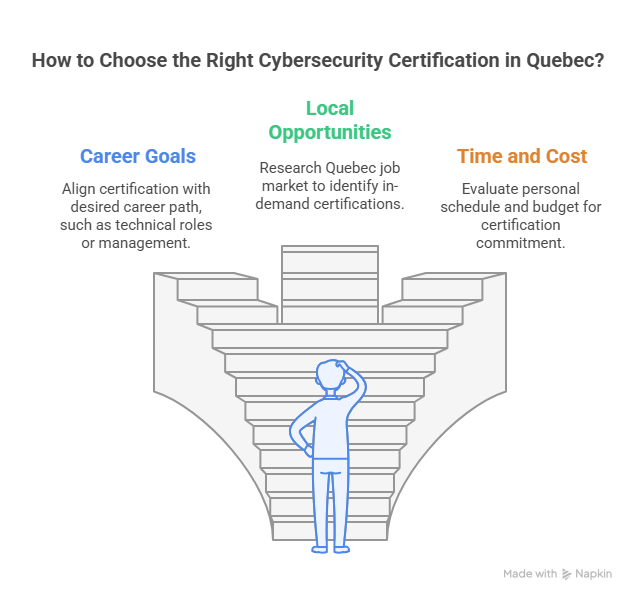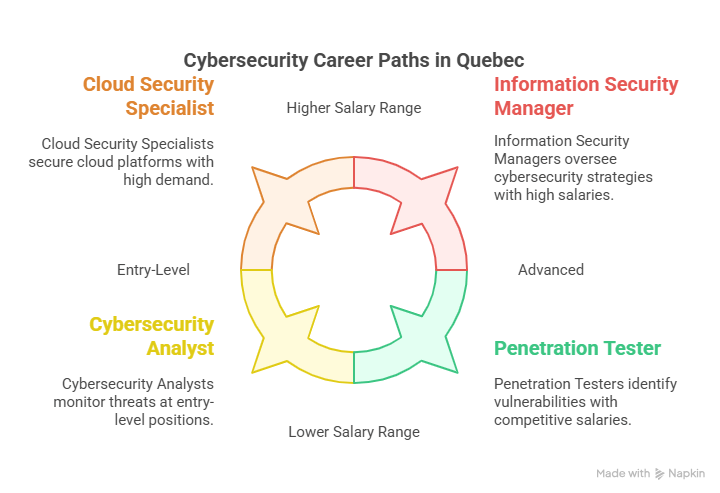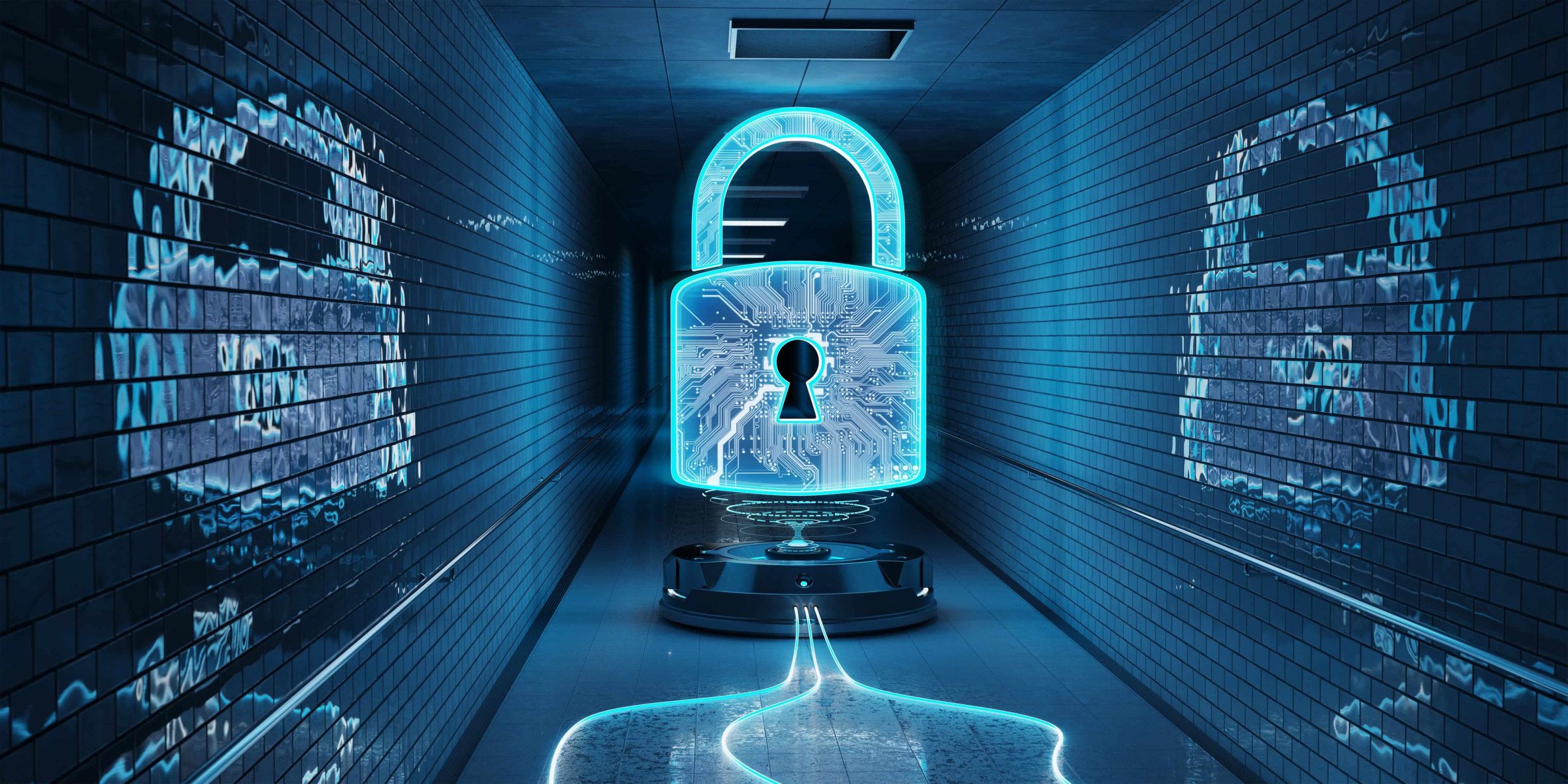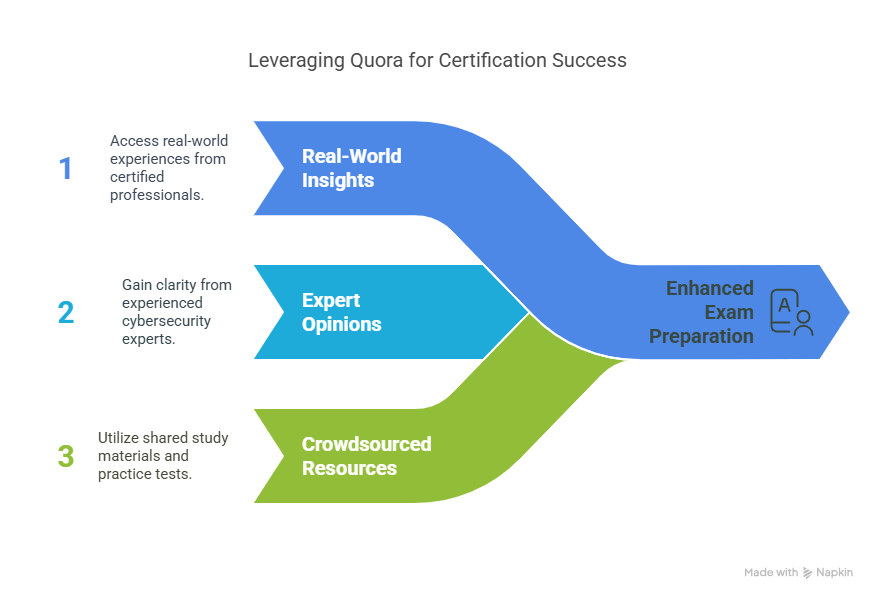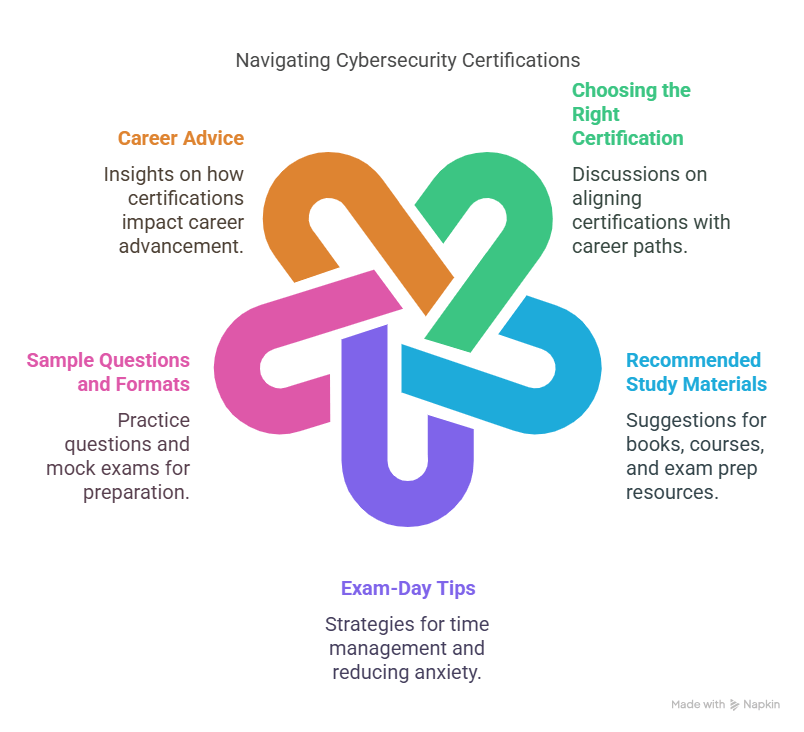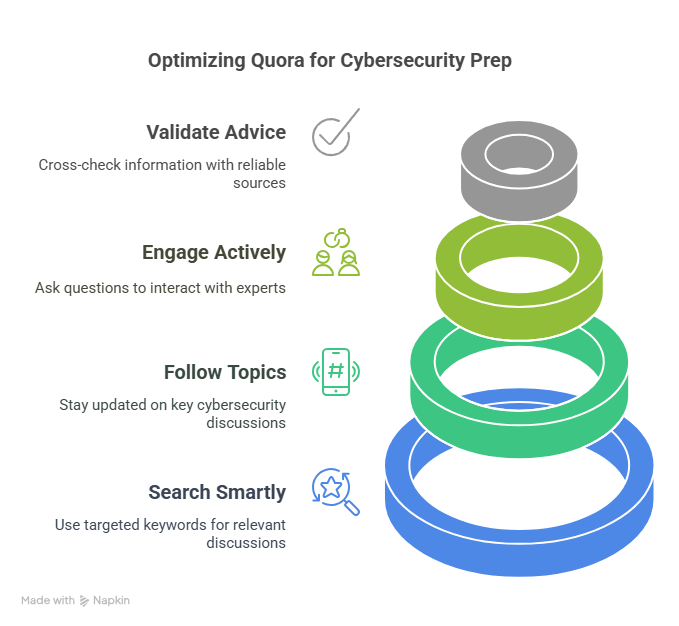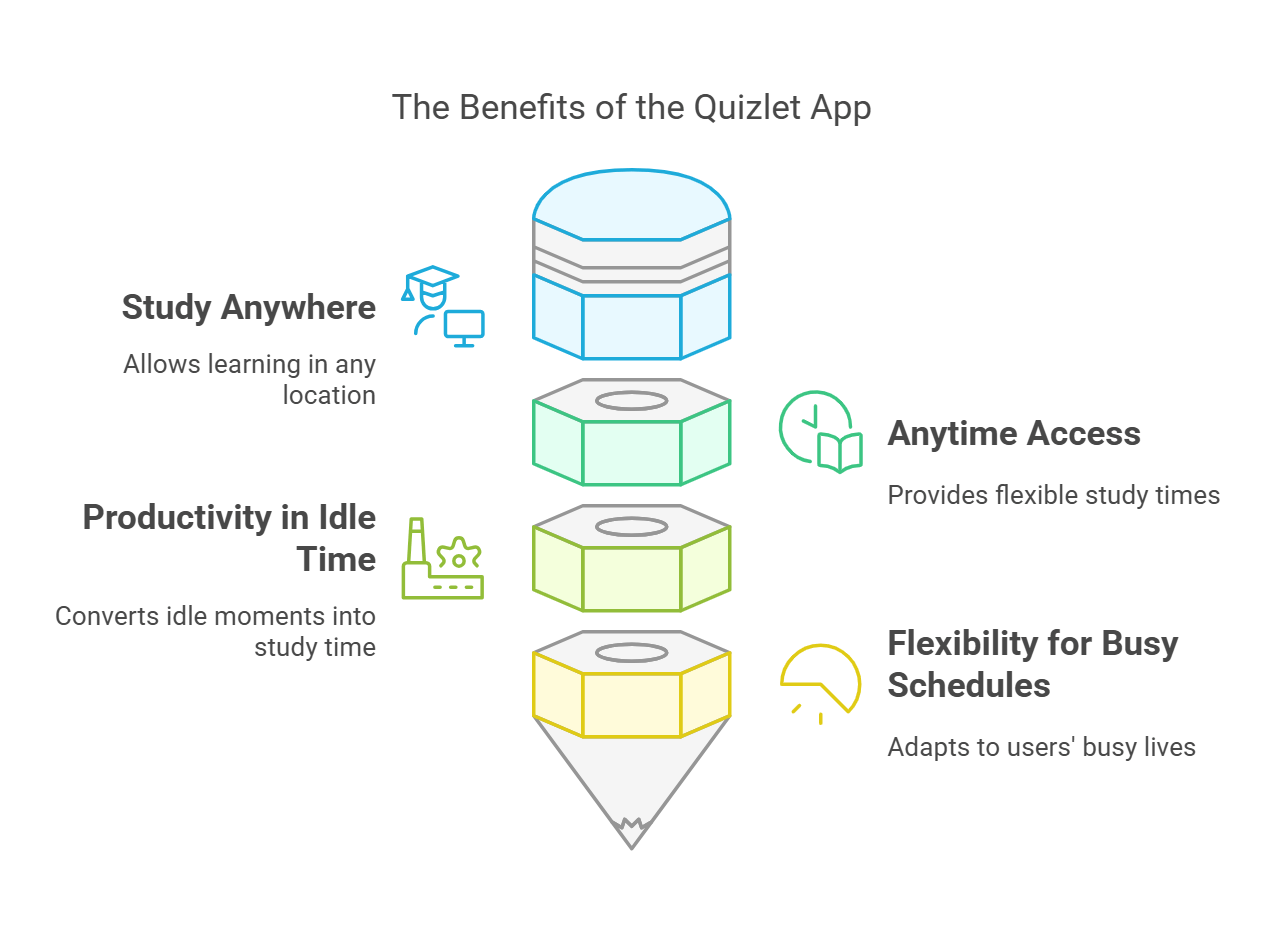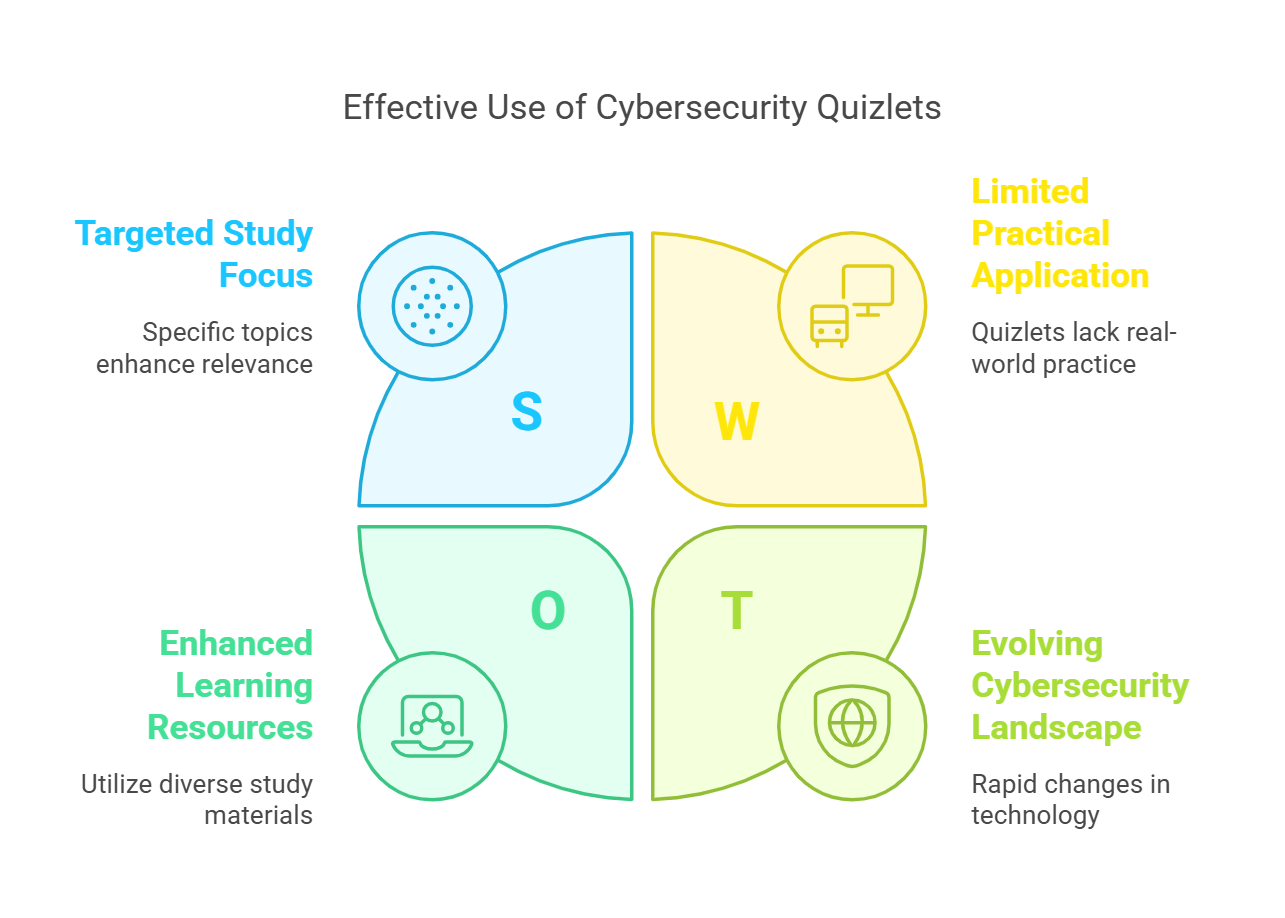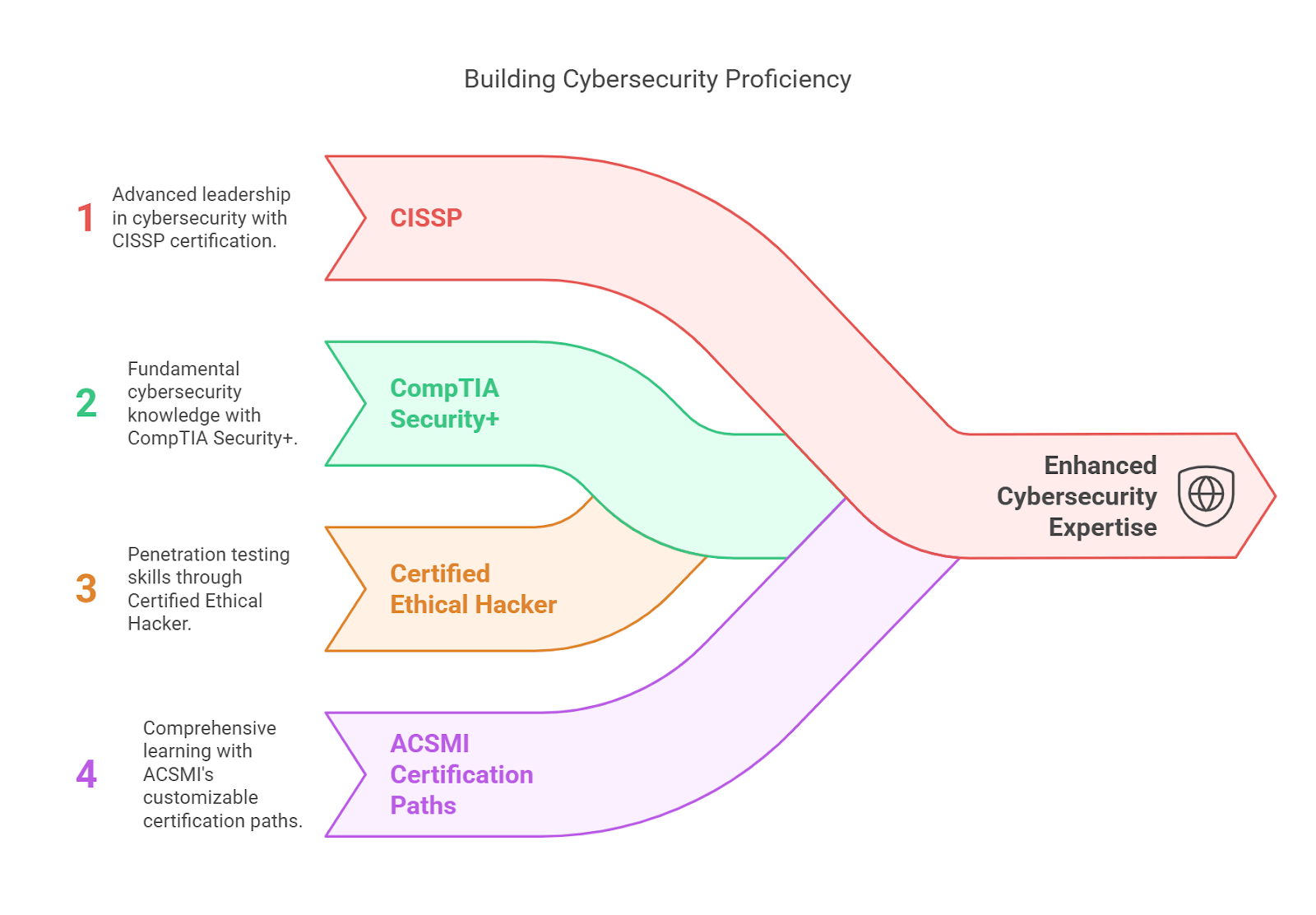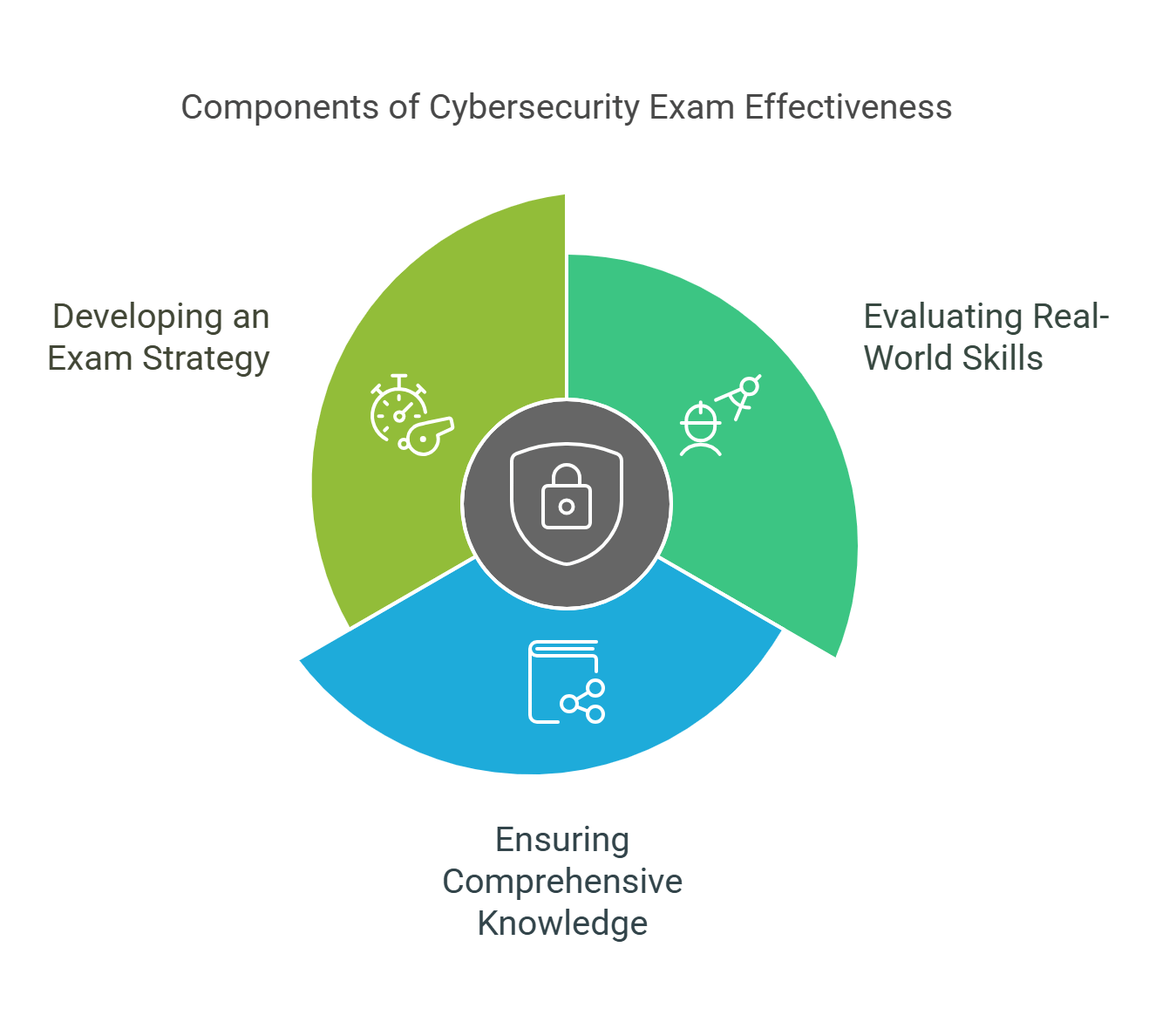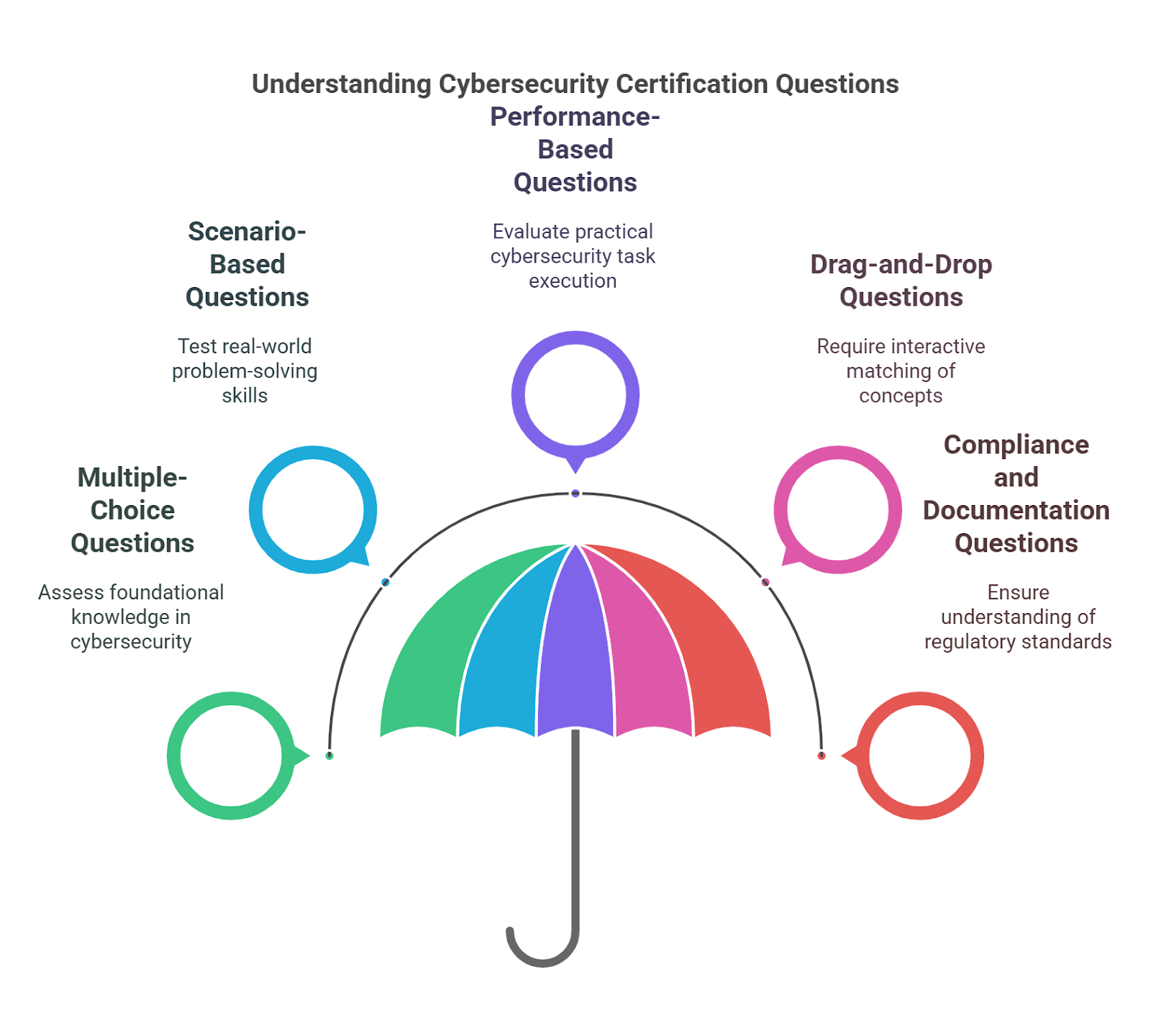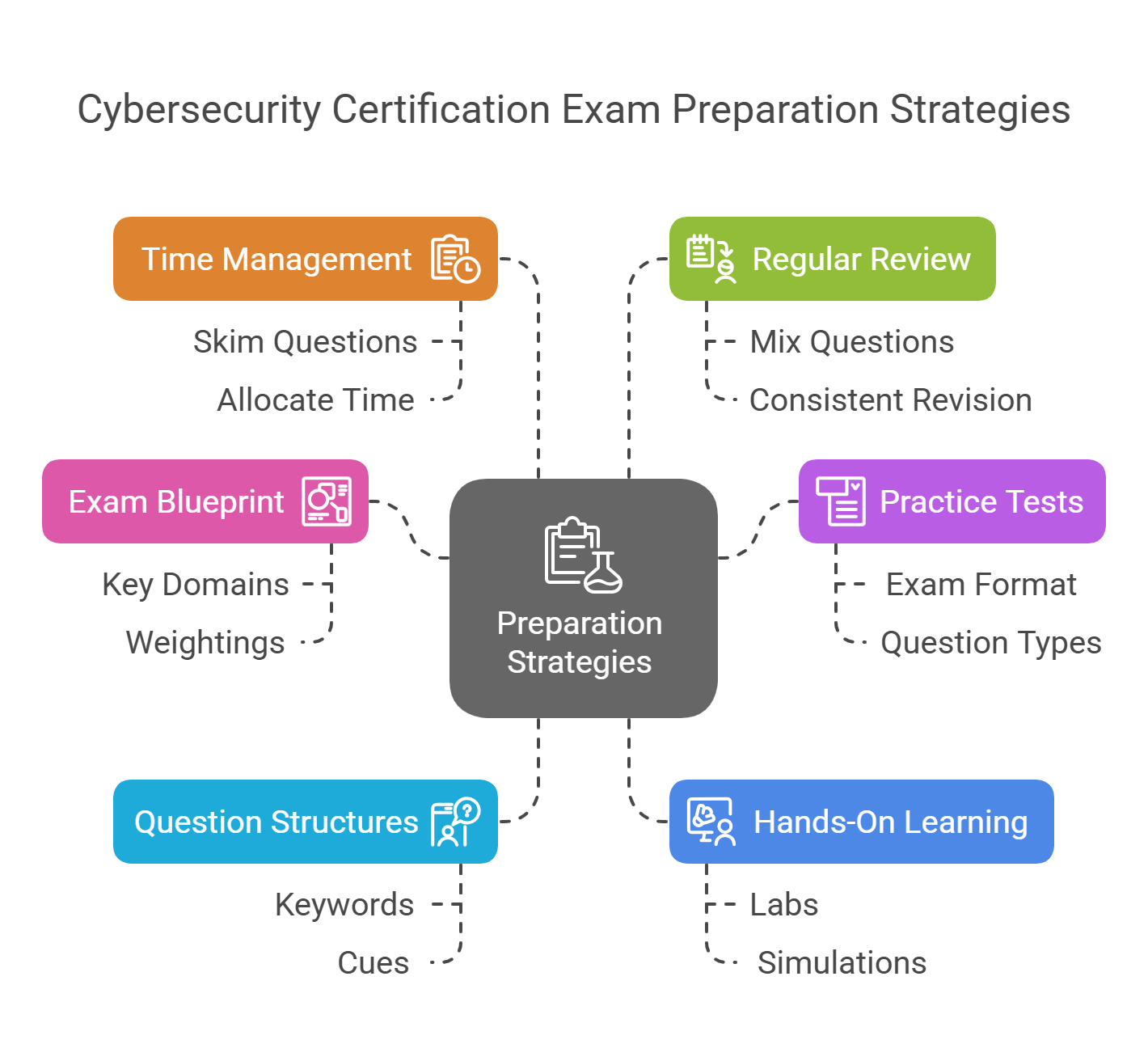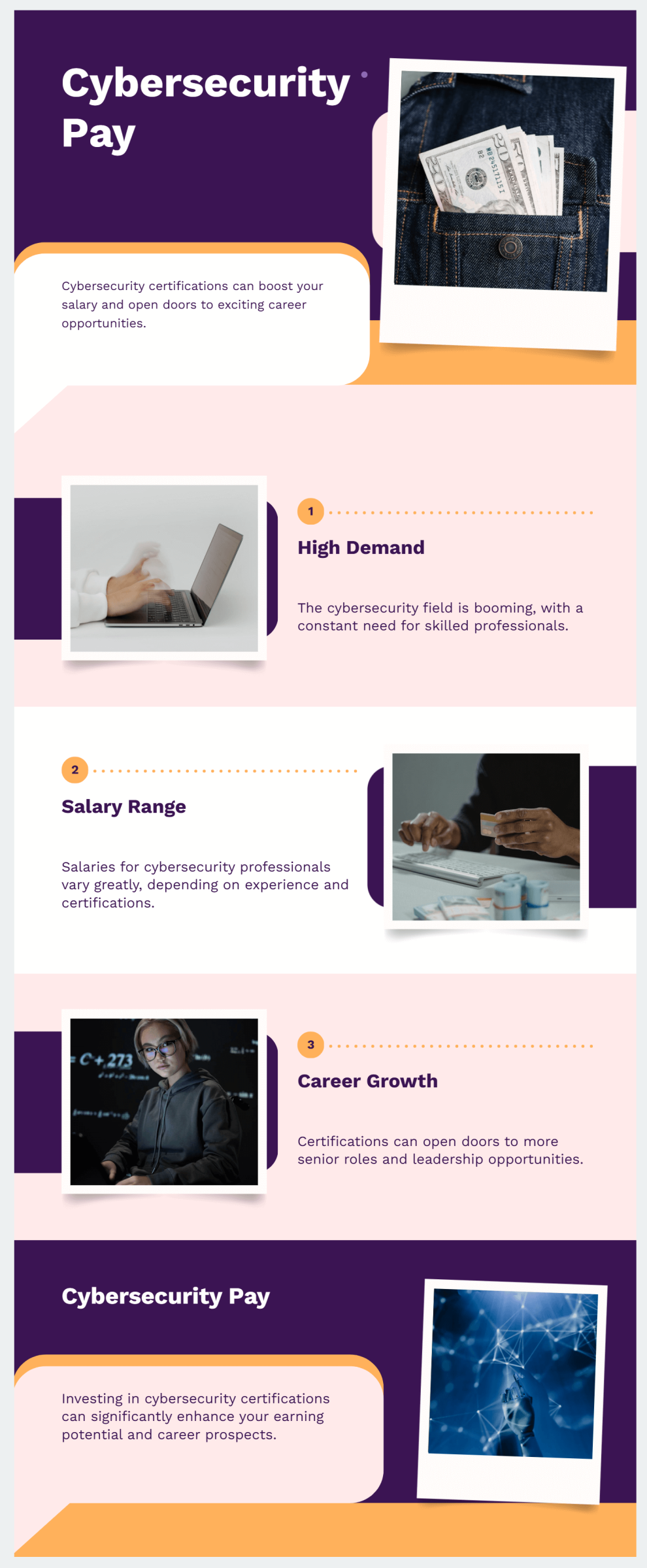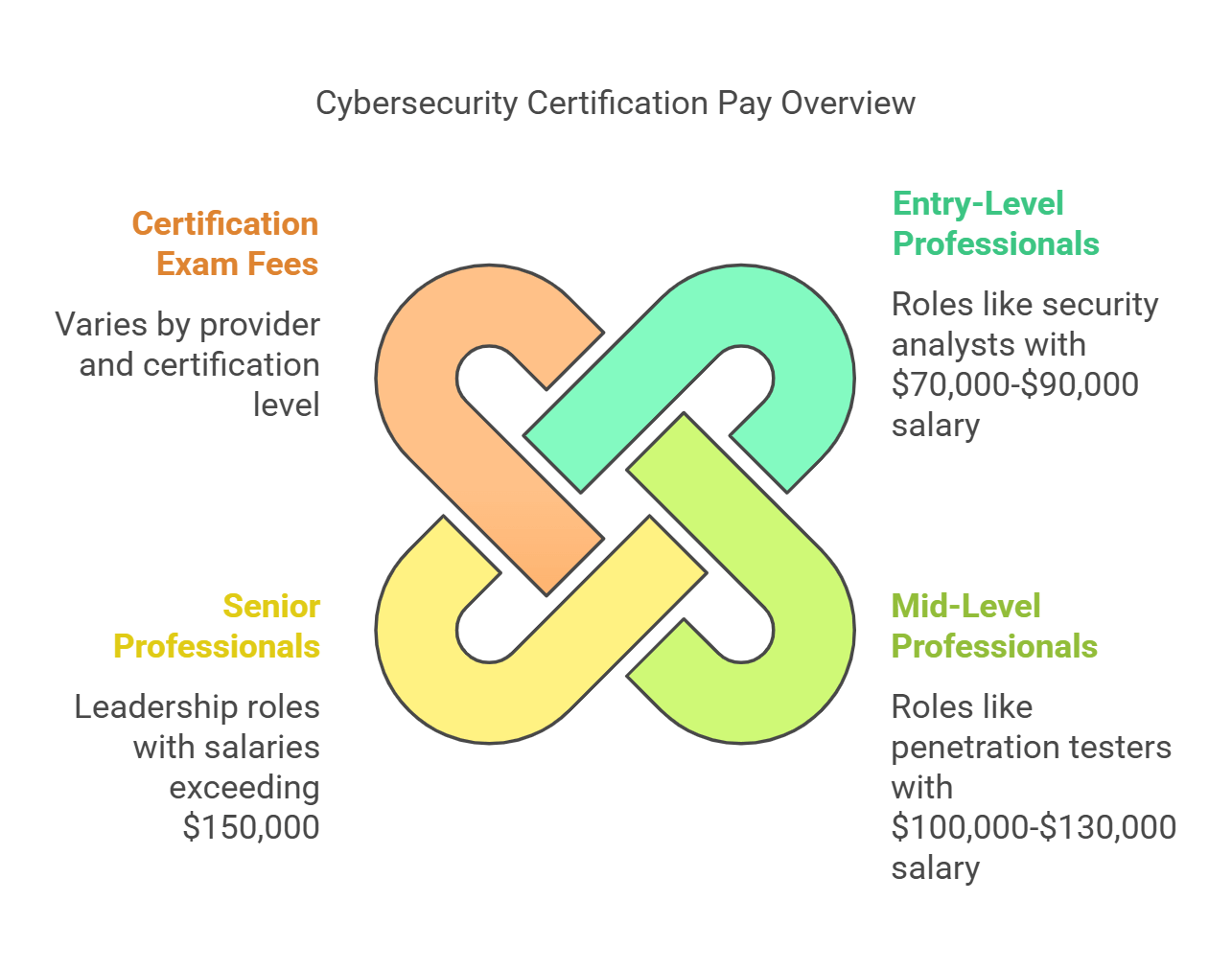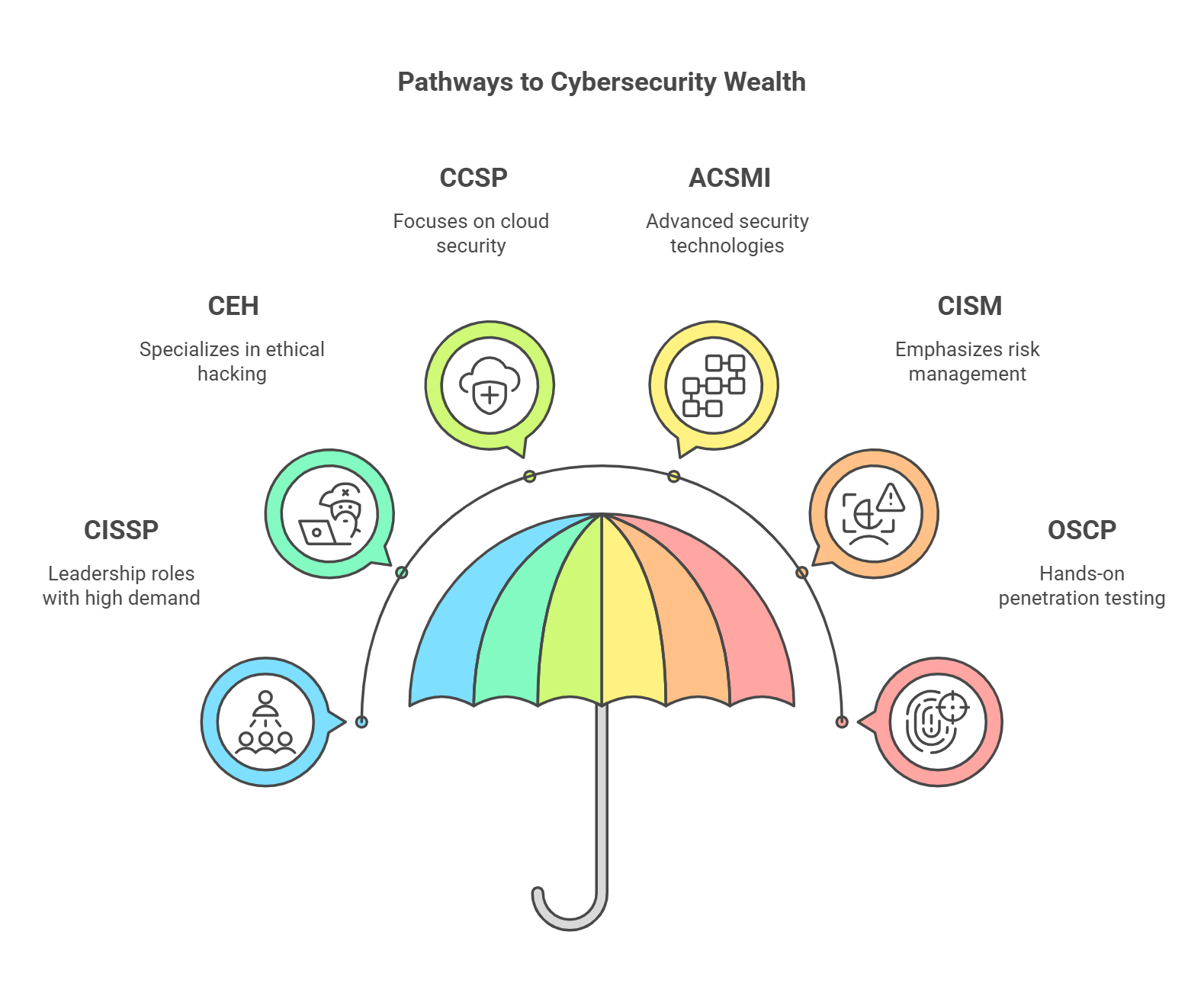Table of Contents
The demand for skilled cybersecurity professionals is growing across Europe. With governments, enterprises, and individuals relying more than ever on secure digital infrastructure, professionals with the right certification are a beacon for employers. For those seeking to establish or advance their career in this field, Cybersecurity Certification EU programs are the key to unlocking high-paying, rewarding opportunities.
What Is Cybersecurity Certification EU?
The term Cybersecurity Certification EU refers to credentials crafted to meet the specific regulations, industry standards, and cybersecurity practices observed across the European Union.
These certifications align with frameworks like the General Data Protection Regulation (GDPR) and ISO/IEC 27001, ensuring that certified professionals can safeguard sensitive information, manage risk, and adhere to robust compliance standards.
Types of Certifications
Certifications range from foundational to advanced, catering to various roles in the cybersecurity domain. Some of the most recognized ones include:
-
EC-Council Certified Ethical Hacker (CEH)
- Focuses on ethical hacking techniques to identify and fix vulnerabilities within EU compliance guidelines.
-
ISO/IEC 27001 Lead Auditor
- Training professionals to evaluate and certify organizations against ISO 27001 standards for information security.
-
(ISC)² Certified Information Systems Security Professional (CISSP)
- A globally-recognized credential addressing the European cybersecurity landscape.
-
Certified Data Privacy Solutions Engineer (CDPSE)
- Covers compliance and technical skills, particularly in GDPR and privacy design.
-
CompTIA Cybersecurity Analyst (CySA+)
- Explores cybersecurity analytics, backed by frameworks relevant to EU industries.
Why Cybersecurity Certification EU Matters
1. EU Compliance Standards
European organizations must follow highly stringent frameworks like GDPR and the Network and Information Systems (NIS) Directive. Cybersecurity certifications catering to the EU ensure professionals understand region-specific compliance expectations.
2. Global Opportunities
Not only are these certifications valued in Europe, but they also open doors worldwide, especially in organizations dealing with European clients or regulations.
3. High Demand in Key Sectors
Industries like finance, healthcare, and technology are rapidly expanding in Europe. Cybersecurity-certified professionals are critical to ensuring data integrity, continuity, and trust throughout these sectors.
4. Career Progression and Earning Potential
Certifications provide a roadmap for growing in the field, whether starting with foundational roles or advancing to management-level positions. Certified professionals, particularly in the EU, command 15–20% higher salaries compared to non-certified counterparts.
Best Practices to Prepare for Cybersecurity Certification EU
1. Focus on Relevant Certifications
Start by identifying which certification aligns with your career goal. For those in compliance-related roles, ISO/IEC 27001 certifications are vital. However, if you’re aiming for technical penetration testing jobs, CEH is the go-to credential.
2. Understand EU Regulations
With standards like GDPR at the foundation of EU laws, gaining an in-depth understanding of regulatory requirements is essential for exam and job success.
3. Utilize Powerful eLearning Platforms
Platforms like ACSMI are invaluable resources. They provide tailored content focusing on certifications and real-world skills. ACSMI covers everything from GDPR compliance to ethical hacking techniques, mirroring the requirements of Cybersecurity Certification EU exams.
4. Engage With Communities
Discussing exam pointers or tips with peers on LinkedIn or forums can simplify challenging concepts and reduce preparation pressure.
5. Practice Regularly
Research shows hands-on learning reinforces memory. Simulated labs, quizzes, and real-world tasks available on ACSMI enable candidates to test their skills consistently before stepping into the exam room.
How ACSMI Simplifies Cybersecurity Certification EU Prep
Preparing for Cybersecurity Certification EU can seem like navigating a complex maze of regulations, technical skills, and real-world application requirements. That’s where ACSMI steps in to transform your preparation from overwhelming to empowering. This platform equips you with the right tools and resources to master every aspect of EU-specific certifications while building real-world skills that last a lifetime. Here’s how it does it.
1. Comprehensive, Certification-Focused Modules
ACSMI's curriculum offers over 400+ expertly designed modules tailored specifically for European certifications like ISO/IEC 27001, CISSP, and GDPR-related credentials. These modules cover everything from GDPR compliance essentials to advanced risk management techniques, ensuring no knowledge gap is left unaddressed.
- Why This Matters: EU-specific certifications are rigorous, requiring detailed knowledge of compliance laws and technical skills. With ACSMI’s robust module library, you’ll have all the resources needed to prepare confidently for any exam requirement.
2. Hands-On Simulations for Practical Learning
What sets ACSMI apart is its interactive, real-world simulation labs. These labs recreate EU-compliant challenges like GDPR implementation, vulnerability management, and breach response, offering you invaluable practical experience. You’ll gain hands-on expertise in configuring systems, developing secure networks, and managing real-time incidents.
- Why This Matters: Theory can only take you so far. Employers and certification bodies value candidates who can demonstrate actionable skills, and ACSMI ensures you’re equipped for that with their experiential learning approach.
3. Flexible and Self-Paced Learning Options
Time constraints shouldn’t hold you back from achieving your goals. ACSMI’s self-paced courses allow you to structure your learning around your schedule. Whether you’re working full-time or juggling personal commitments, you can access course materials 24/7, making consistent progress at your own pace.
- Why This Matters: Preparing for EU certifications often involves large volumes of content. ACSMI’s flexible platform ensures you can absorb this content without feeling rushed or overwhelmed.
4. Real-World Application Beyond Certifications
ACSMI isn’t just about helping you pass tests—it builds practical skills that you can apply in your day-to-day work environment. From drafting GDPR-compliant policies to designing secure cloud infrastructures, ACSMI prepares you to excel in every aspect of cybersecurity roles specific to the EU landscape.
- Why This Matters: The ability to apply theoretical knowledge to real-world scenarios makes you stand out as a job candidate. ACSMI ensures you’re not only prepared for exams but also ready to excel in the workplace.
ACSMI Certification Modules
FAQ Section
1. What’s the most sought-after Cybersecurity Certification EU?
While it depends on the career path, general certifications like CISSP and ISO 27001 are highly respected in Europe.
2. Are EU certifications valid outside Europe?
Yes, certifications like CISSP, CEH, and ISO certifications hold global recognition, proving invaluable worldwide.
3. Do I need prior experience to attempt entry-level certifications?
No prior experience is usually required. Certifications like CompTIA Security+ and CEH (Entry Level) cater to beginners.
4. Where should I start for cybersecurity certifications in the EU?
Start from foundational-level certifications such as CompTIA Security+ or certifications tailored for compliance, such as ISO/IEC 27001.
5. How can ACSMI support my preparation?
ACSMI’s modules and real-world labs are tailored for certifications. It provides step-by-step plans for mastering every domain required for any Cybersecurity Certification EU credential.
Final Thoughts
The European cybersecurity landscape is incredibly dynamic, making Cybersecurity Certification EU credentials more important than ever. Beyond boosting your resume, these certifications ensure you remain ahead in a competitive, compliance-driven market.
Platforms like ACSMI stand as the ultimate partner in your preparation. With extensive modules, realistic labs, and flexible learning convenience, ACSMI equips you to excel in exams and real-world scenarios alike.
Don’t just prepare—thrive. Invest the time wisely, choose the right certification, and take confident steps toward an impactful cybersecurity career in the EU!



